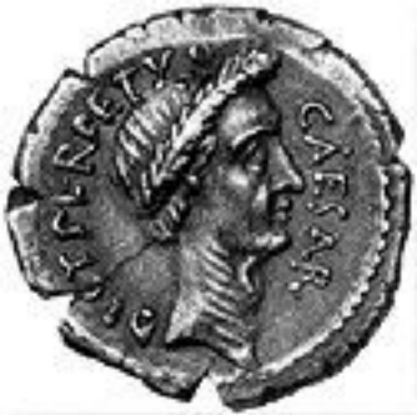The verdict is in...
I find the story to be dull. Yes, here I said it! I know that sounds callous but seriously, there are more scenes in this book that are boring than there are that are interesting. In fact, only the scene where Caesar was assassinated seems to be somewhat interesting.
However, I do give Shakespeare props for creative foreshadowing talent. For example, the viewer already gets a dose of what is to happen to Caesar when the soothsayer comes out and says “Beware the Ides of March”, Calpurnia’s dream that she sees Caesar’s statue running with blood and Caesar’s priests sacrifice animals to the gods only to find that the animals lack hearts are all foreshadowing Caesar’s approaching murder. Caesar’s ghost visits Brutus prior to the battle, and birds of prey circle over the battlefield in sight of Cassius are incidents foreshadow Caesar’s revenge and the victory.
Also, Shakespeare has this amazing skill of character portrayal. That, I might add, is the only element in this play that seems real. For Caesar, he wasn’t too interested in portraying him as a great hero or some legendary merit. If Shakespeare would have made Caesar this great leader that would mean that the conspirators would be evil for murdering such a remarkable person. On the other hand, Shakespeare didn’t make Caesar seem as if he was this horrendous, cunning and ruthless man. If he did this that would mean that Brutus wouldn’t have hesitated in being part of the plan to execute Caesar and Antony would not want revenge. Shakespeare does not sensationalize at all, and I applaud him in this book- the only applaud I’ll give him.
However, I do give Shakespeare props for creative foreshadowing talent. For example, the viewer already gets a dose of what is to happen to Caesar when the soothsayer comes out and says “Beware the Ides of March”, Calpurnia’s dream that she sees Caesar’s statue running with blood and Caesar’s priests sacrifice animals to the gods only to find that the animals lack hearts are all foreshadowing Caesar’s approaching murder. Caesar’s ghost visits Brutus prior to the battle, and birds of prey circle over the battlefield in sight of Cassius are incidents foreshadow Caesar’s revenge and the victory.
Also, Shakespeare has this amazing skill of character portrayal. That, I might add, is the only element in this play that seems real. For Caesar, he wasn’t too interested in portraying him as a great hero or some legendary merit. If Shakespeare would have made Caesar this great leader that would mean that the conspirators would be evil for murdering such a remarkable person. On the other hand, Shakespeare didn’t make Caesar seem as if he was this horrendous, cunning and ruthless man. If he did this that would mean that Brutus wouldn’t have hesitated in being part of the plan to execute Caesar and Antony would not want revenge. Shakespeare does not sensationalize at all, and I applaud him in this book- the only applaud I’ll give him.


